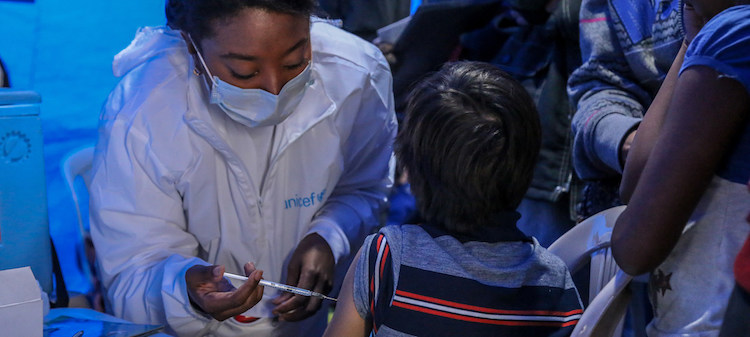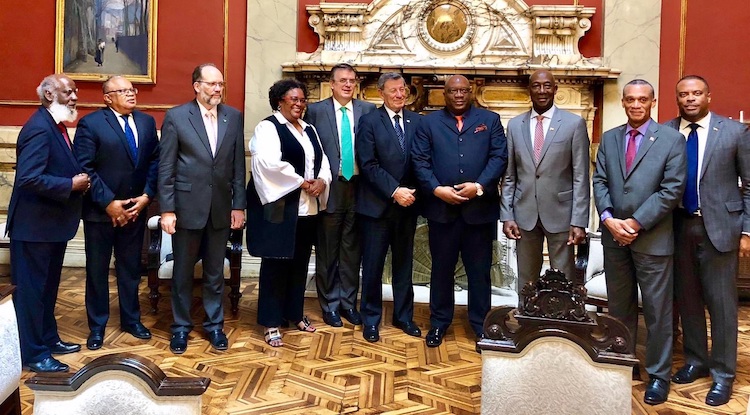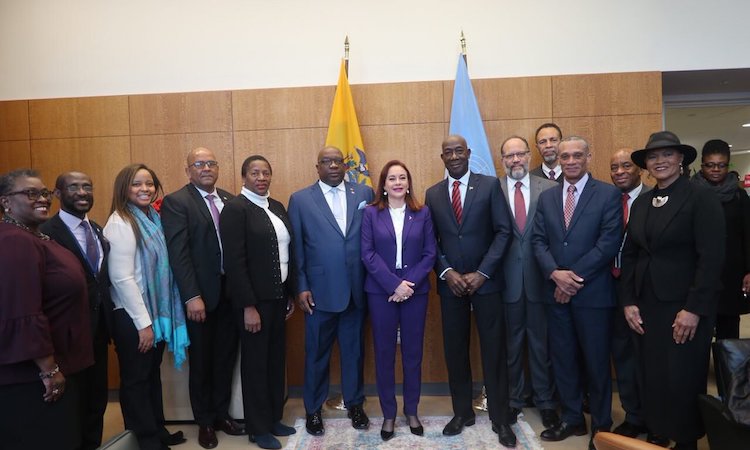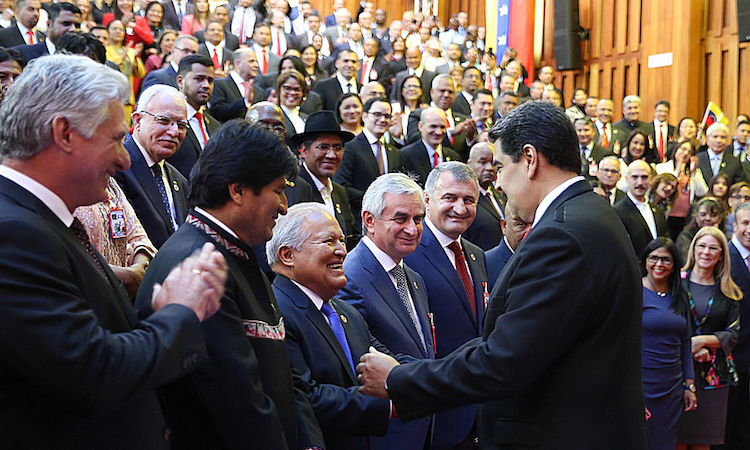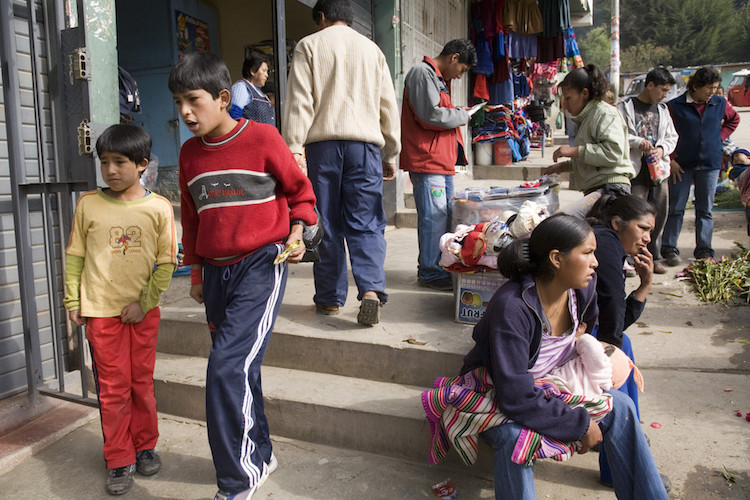By Kwame Buist BERLIN (IDN) – In the last five years, momentum has been building against corruption in Latin America and the Caribbean. High-level politicians have been found guilty of corruption in Guatemala and Brazil, and a wave of legal action against the perpetrators of grand corruption has swept across the continent, including the Lava […]
Haiti Unrest Beginning to Take A Humanitarian Toll
By Lisa Vives, Global Information Network NEW YORK (IDN) – Demonstrators have been filling the streets of downtown Port-au- Prince in Haiti, as anger and frustration over government mismanagement and corruption boils over. Protestors are now demanding the resignation of President Jovenel Moise. Hundreds gathered in downtown Port-au-Prince a few days ago to demonstrate against […]
UN Committed to Providing Humanitarian Aid to Venezuelans
By J Nastranis NEW YORK (IDN) – In view of the increasingly critical situation for ordinary Venezuelans, the United Nations remains committed to providing humanitarian support, based on “need, and need alone”, according to a senior aid official. But the oil-rich country is not only suffering from food and medical shortages. The Inter-Parliamentary Union (IPU) […]
‘Montevideo Mechanism’ Seeks to Resolve Venezuela Crisis
By Rodrigo Pérez MONTEVIDEO (IDN) – The United Nations is willing to bring Venezuelan President Nicolas Maduro and opposition leader Juan Guaido together for “serious negotiations” at their request, UN Secretary-General António Guterres said during a press conference at the 32nd African Union summit on February 10 at Addis Ababa. Ethiopia. Earlier, the spokesman for […]
CARICOM Alerts UN As Situation Escalates In Venezuela
By J C Suresh TORONTO (IDN) – With the Venezuelan crisis worsening on its doorsteps, the 15-nation Caribbean Community (CARICOM) has been at pains to prevent the situation in the Bolivarian Republic taking a sharp turn for the worst. It has censured the Secretary General of the Organization of American States (OAS) Luis Leonardo Almagro […]
It’s Not Just About Overthrowing Maduro In Venezuela
Viewpoint by Kalinga Seneviratne SINGAPORE (IDN) – The ‘Washington Consensus’ on democracy today is not about respecting peoples’ right to elect their leaders by popular vote, but how to buy these votes to promote U.S. business interests. Thus, the ongoing campaign to bring “regime change” in Venezuela is not about overthrowing Venezuelan President Nicolas Madura, […]
Independent Election Monitors Could Have Averted Current Crisis in Venezuela
Viewpoint by Rene Wadlow The writer is President of the Association of World Citizens and its Representative to the United Nations, Geneva. GENEVA (IDN) – The social, economic, and political situation in Venezuela grows more tense and complex by the day. On January 27, Pope Francis speaking from Panama said. “Faced with the grave situation it […]
Costa Rica Set to Achieve Carbon Neutrality by 2021
By Fabiola Ortiz SAN JOSE, Costa Rica (IDN) – It has been twenty two years since Costa Rica embarked on its national program of payment for environmental services (PES), the first in the world to start a nationwide scheme for compensating landowners for keeping the forests standing for people and the planet. Now that the […]
Helping Rural Latin America Beat the Economic Downturn
By Kwame Buist ROME (IDN) – Over the last three decades, the countries of Latin American and the Caribbean have experienced a profound transformation which has extended to rural areas. All countries in the region, except for Haiti, are now considered middle-income. This economic and rural transformation has resulted in many benefits, especially between 2004 […]
Brazil Sets Up an Innovative Model to Reverse Land Degradation
Viewpoint by Prof. Dr. Valdemar Rodrigues The writer is Director of Sustainable Rural Development of the Ministry of Environment of Brazil, National Director of the UNDP / GEF / MMA Program and National Director of the FAO / GEF / MMA Program. Prior to joining the Ministry, he was he was a Professor at the […]



